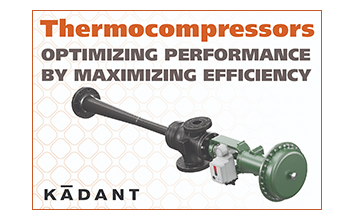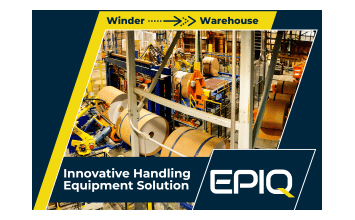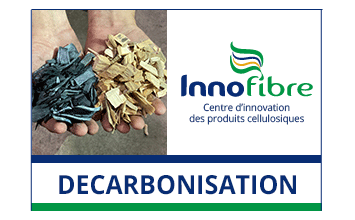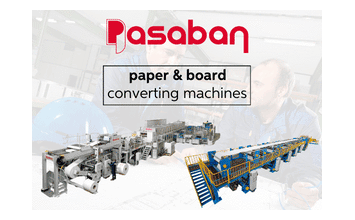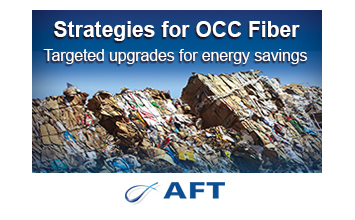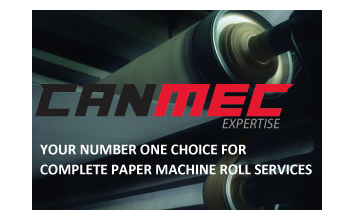- ABB wins large-scale order for automation, electrification, quality control systems, motors and drives at world’s first commercial-scale textile recycling plant
- Innovative approach can help save some 90 billion liters of fresh water per year, equivalent to 36,000 Olympic-sized swimming pools
- Pulp drying techniques applied to clothing to avoid landfill and make fashion more sustainable
ABB will deliver automation, electrification, quality control systems, motors and drives for Renewcell’s new industrial textile recycling production line in Sundsvall, Sweden. Renewcell is a fast-growing Swedish sustaintech company specializing in textile-to-textile recycling.
With ABB technology, a former SCA paper mill will be transformed into the world’s first commercial-scale recycling plant for cellulosic textiles – created by dissolving natural materials such as cellulose which is then regenerated to create a wide range of fabrics. Renewcell is already working with several fashion manufacturers, and in 2020, the company and H&M Group entered a multi-year partnership to replace virgin fibers with recycled textiles in clothing.
The contract between ABB and Renewcell marks an important milestone for the fashion industry, as it has a major impact on the environment due to the production of raw materials that are made into clothing. According to Renewcell’s preliminary calculations, textile fibers made from its recycled raw material use approximately 50 liters of fresh water per kg in production, compared to around 1,600 liters for cotton and 90 liters for non-cotton cellulosic material viscose. With a maximum production capacity of 60,000 tons per year Renewcell’s innovative approach could help to preserve around 90 billion liters of fresh water, the equivalent of 36,000 Olympic-sized swimming pools. The process also lowers waste, plastic pollution and both CO₂ and chemical emissions. The use of recycled fabric can help brands deliver on their promises to reduce their negative impact.
“The ABB team proved their unique ability to deliver a complete automation and electrification solution based on their products and services,” said Patrik Lundström, CEO at Renewcell. “They have the knowledge, presence and experience that we need to keep this project on track, both in terms of budget and schedule. We also share a joint vision when it comes to resource efficiency, circular economy and sustainability so are pleased to be working closely with them on this exciting project.”
“As a technology company, we at ABB believe that electrification and automation technologies can play a key role in transforming industries and reducing their environmental footprint,” said Theodor Swedjemark, ABB’s Chief Communications and Sustainability Officer. “We are honored to support Renewcell in their exciting journey towards increased circularity of the fashion industry – an ambition that is fully aligned with our own efforts to systematically improve circularity across ABB’s supply chain as part of our 2030 sustainability strategy.”
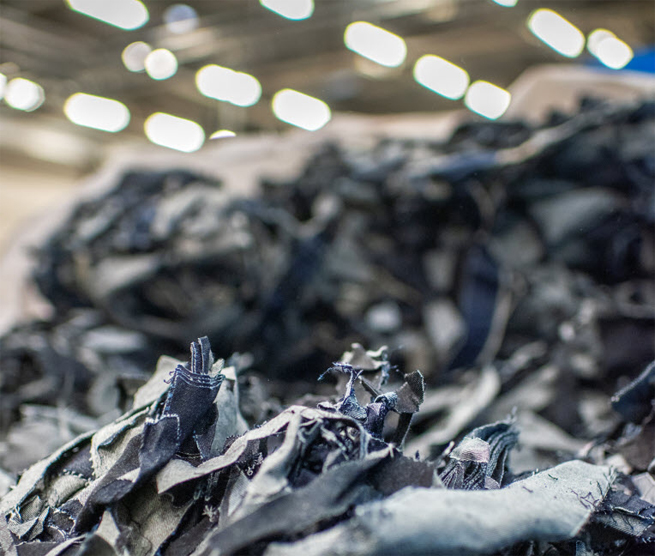 The contract between ABB and Renewcell marks an important milestone for the fashion industry, as it has a major impact on the environment due to the production of raw materials that are made into clothing. (Image: Renewcell, Emil Nordin)
The contract between ABB and Renewcell marks an important milestone for the fashion industry, as it has a major impact on the environment due to the production of raw materials that are made into clothing. (Image: Renewcell, Emil Nordin)
Joachim Braun, Division President, Process Industries, ABB said: “This contract allows us to apply our deep pulp and paper expertise and project experience to help Renewcell reduce its emissions and preserve resources, and ultimately change fashion for the better. Until now, less than one percent of textiles were recycled because the technology to recycle and create new textiles did not exist. This is a significant development for the industry and we’re proud to apply our quality control processes to the sustainable fashion movement.”
The process for clothing recycling is similar to pulp drying, breaking down cellulose in cotton and viscose textiles to recycle into new raw materials. This similarity enables Renewcell to use the existing infrastructure, including buildings and the supply and processing of raw water, waste water, compressed air and electricity at the SCA mill. This will be coupled with ABB’s paper and automation expertise, to manufacture recycled textiles that might otherwise have gone to landfill or incineration.
ABB brings its domain expertise from the pulp and paper industry, for example with specific technology to control the pulp dryer – a piece of equipment that was previously in use to dry raw wood pulp for paper and packaging – and quality control knowledge specific to the process. The customer requested weight and moisture measurement based on testing on a pilot machine.
Among the ABB technology that will be installed in the new plant is the market-leading process control system ABB Ability™ System 800xA that will provide operators with wide visibility and precise control from a central command center to ensure that production is as resource efficient as possible, with less material consumption and reduced waste. In addition, ABB’s PMC800 drive systems will reduce the cost of ownership over the automation lifecycle and improve energy efficiency during production. ABB will also supply ACS880 variable speed drives (VSDs) and IE4 super premium efficient motors, an efficiency level above the IE3 standard mandated by EU Ecodesign regulations. Combining high-efficiency motors with VSDs can typically reduce energy consumption in flow-controlled pulp and paper applications by 30 percent or more.
ABB is committed to helping its customers reduce their emissions and preserve resources. Last year, ABB released its Sustainability Strategy 2030 which focuses on the areas where the company can make the biggest impact – reducing carbon emissions, preserving resources and promoting social progress.
ABB (ABBN: SIX Swiss Ex) is a leading global technology company that energizes the transformation of society and industry to achieve a more productive, sustainable future. By connecting software to its electrification, robotics, automation and motion portfolio, ABB pushes the boundaries of technology to drive performance to new levels. With a history of excellence stretching back more than 130 years, ABB’s success is driven by about 105,000 talented employees in over 100 countries. www.abb.com
Source: ABB





